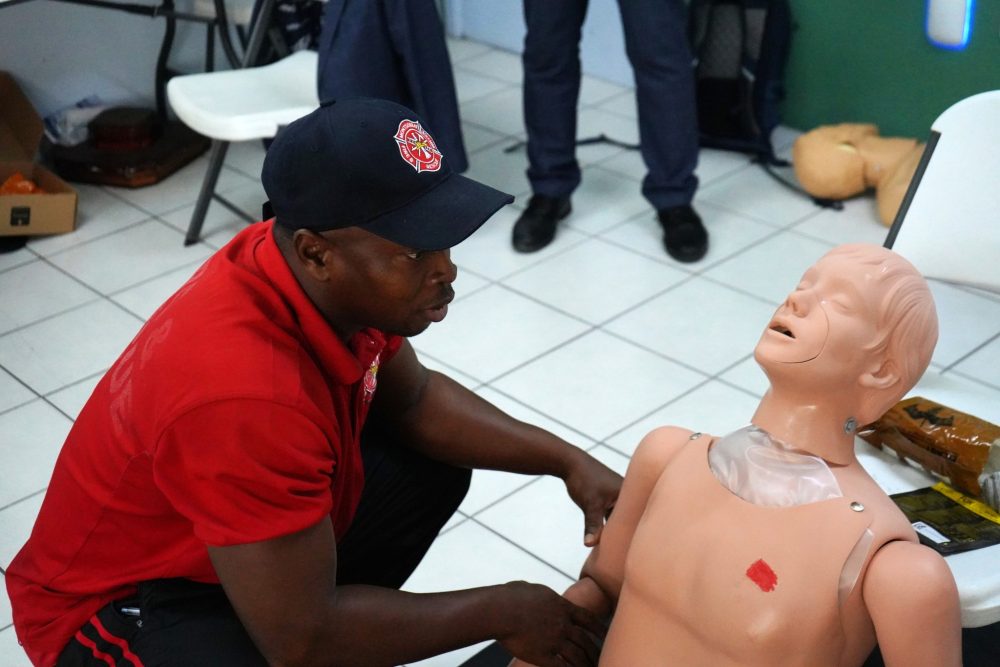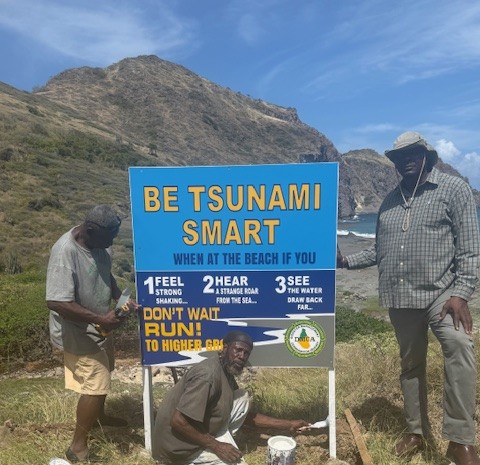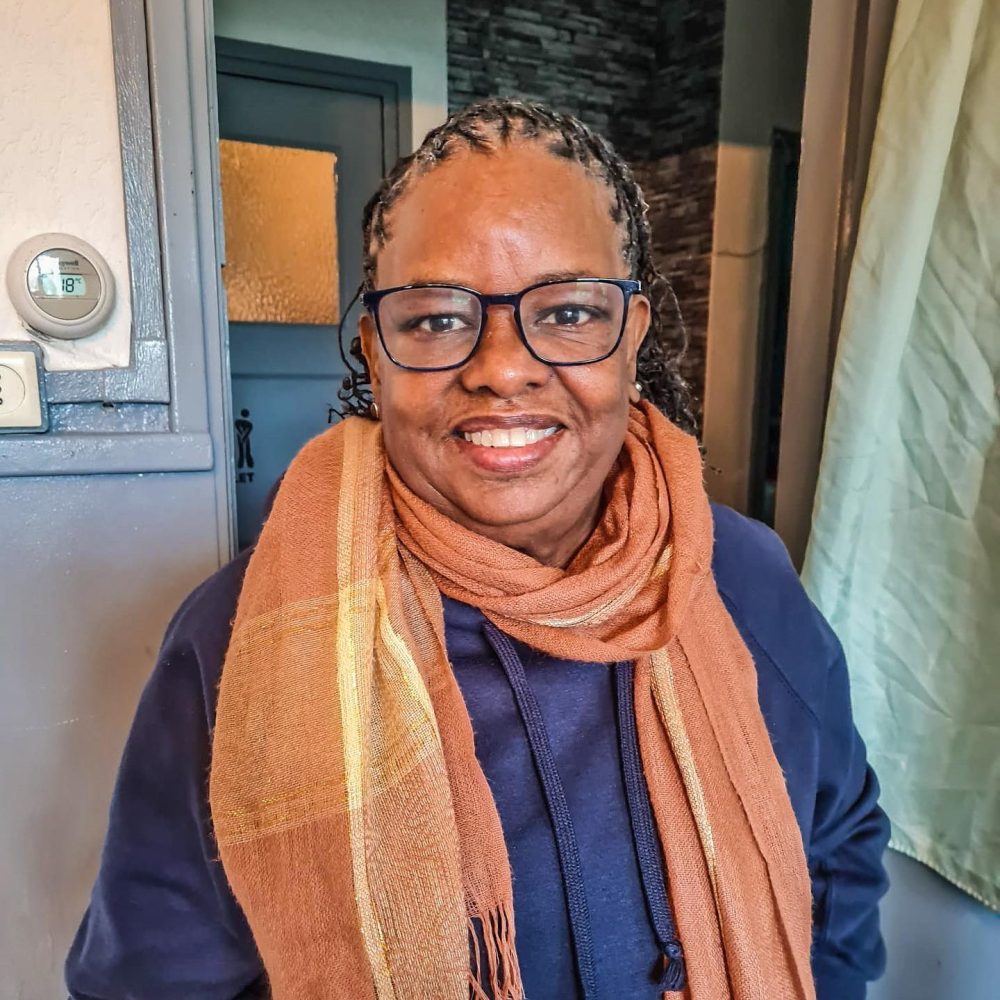 The Montserrat Volcano Observatory has released an interview with seismologist Dr. Roderick Stewart about the string of earthquakes across the region. While the interview occurred in early January, the recent activity in Jamaica and the Cayman Islands and closer to us around Puerto Rico makes it quite timely.
The Montserrat Volcano Observatory has released an interview with seismologist Dr. Roderick Stewart about the string of earthquakes across the region. While the interview occurred in early January, the recent activity in Jamaica and the Cayman Islands and closer to us around Puerto Rico makes it quite timely.
In the interview Dr. Stewart, who was the former director of the MVO, explains what causes earthquakes and why what is happening in the region is not abnormal. As there are two tectonic plates which meet in the Eastern Caribbean (the Caribbean plate and the North Atlantic plate) the current activity is expected.
While they may seem abnormal due to the intensity, the scientist noted that the ones we are actually feeling are the really large but shallow ones but many more deeper ones are occurring on a steady basis and are not felt by humans.
He encouraged residents to put together a safety kit similar to what is gathered for hurricane season. In his kit, which he has been preparing over time, he has food, clothes, water, tarpaulin, a battery-powered radio and First Aid Kit. This kit should be kept safely outside the home as you may not be able to get to it after a major shake.
Dr. Steward said it is important to remember DCH. Drop, Cover and Hold on during an earthquake. Running outside is never a good idea as research has shown most people die from running away and being hit by falling debris or items moving in a home. Get low and crawl under a sturdy table, and wait for the shaking to stop. Larger shakes such as the one in Jamaica last about a minute although they often feel longer. If a sturdy table is not available, get to a corner and make yourself small.
He said the difference in the level of damage when comparing the Haiti 2010 earthquake and what has happened in Puerto Rico is because of how structures are built. He added that it is important that Caribbean homes adhere to the prescribed building codes which can greatly reduce infrastructural damage during an event.
Listen to the full interview here with host Kafu Cabey.
Discover more from Discover Montserrat
Subscribe to get the latest posts sent to your email.



